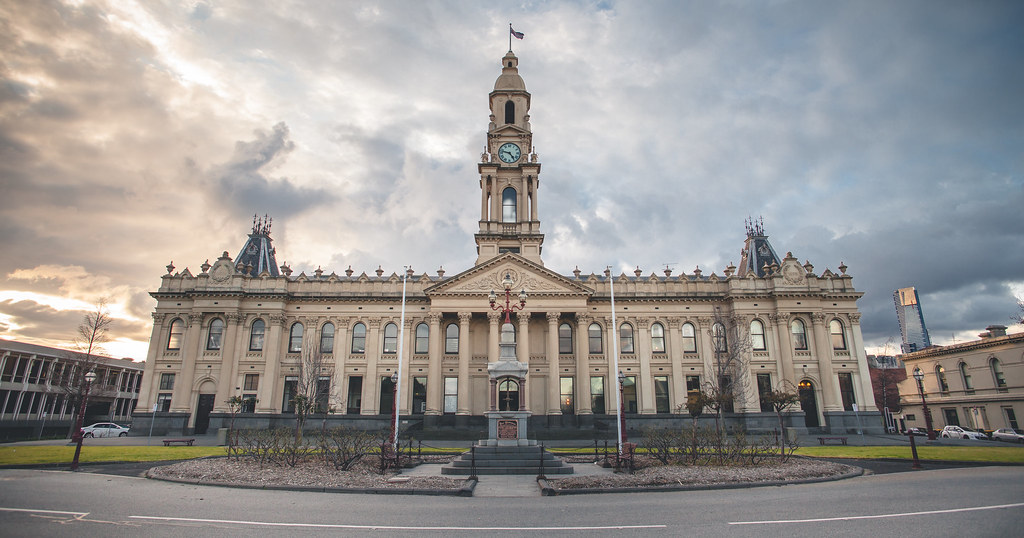SWLRV attended a City of Port Phillip council meeting on Monday evening, at the lovely South Melbourne Town Hall (which features in the new Phryne Fisher film). We were there because Deputy Mayor, Cr Tim Baxter, was putting forward a motion to reassert the council’s support for decriminalisation. Moved by Crs Baxter and Gross, the motion was carried. The wording of the motion is at the bottom of this post.
We are, of course, heartened by this. The City of Port Phillip has the second highest number of private escorts living within its boundaries, the greatest number of street workers are based there, and it boasts the largest number of licensed brothels. It’s good to know they are looking out for local sex workers.
Getting the support of local government is critical in the fight for decriminalisation; council submissions to inquiries and reviews carry weight, and not all councils are as supportive as the City of Port Phillip when it comes to supporting sex workers. Given that state governments are responsible for sex work legislation and that changes to law are made at this level, what is the stake local councils have in decrim? Basically, councils spend money on sex work-related activities, from implementing local or by-laws, e.g., deciding where brothels can operate according to planning restrictions, to providing amenities used by street-based sex workers.
In 2017, the South Australian parliament considered a decriminalisation bill, the 13th tabled in that state. Submissions were called for, and three councils had a say: all of them had some objection to the bill, with one council opposing it outright. The bill was defeated yet again in 2019.
- The Victorian Government has launched a Review into Decriminalisation of Sex
- There has not been a significant review of regulation regarding sex work since 1985;
- There have been significant changes to the way sex work is conducted and that existing regulations have not kept pace with these changes;
- While the current laws allow for a minority of sex workers to work legally, the majority of sex work still remains criminalised;
- Criminalisation of sex work continues to pose a significant threat to the health and wellbeing of people engaged in sex work, including those who are most marginalised

